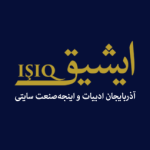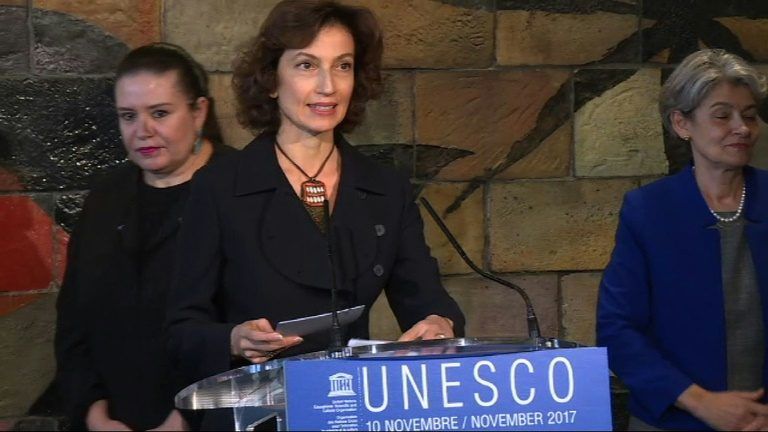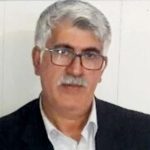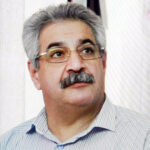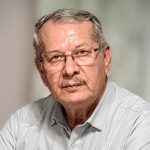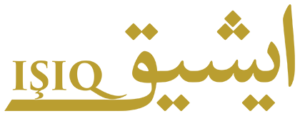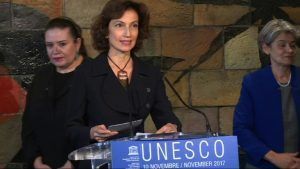 پیام دبیرکل یونسکو به مناسبت روز جهانی زبان مادری(۲۰۱۸)
پیام دبیرکل یونسکو به مناسبت روز جهانی زبان مادری(۲۰۱۸)
امروز برابر با ۲۱ فوریه ۲۰۱۸، سازمان یونسکو، نوزدهمین سالگرد گرامیداشت «روز جهانی زبان مادری» را جشن میگیرد. این روز، فرصتی فراهم آورده برای یاد آوری اینکه این سازمان «به دفاع از زبانهای متنوع و ترویج آنها» متعهد است.
زبان تنها یک وسیله ارتباطی نیست، بلکه فراتر از آن، خصیصههای انسانها نهفته در آن است. ارزشهای ما، باورهای ما و هویت ما در داخل زبان ما نهفته است. از طریق زبان است که میتوانیم تجربیات، سنتها و دانش خود را انتقال دهیم.
تنوع زبانی یک سرمایه غیر قابل انکار است که تصورات و روشهای زندگی ما را منعکس میدهد. به منظور حفظ و احیای این بخش مهم و میراث ناملموس بشری، سازمان یونسکو بطور فعال برای سالهای متمادی، مدافع تنوع زبانی بوده و در بسط و گسترش سیستم تحصیلی چند زبانی مشارکت فعال دارد. این تعهد به خصوص توجه ویژه به زبان مادری را نیز در بر میگیرد که به میلیونها ذهن جوان در حال رشد، شکل میدهد و یک حامل ضروری برای ادغام جامعه بشری در سطح محلی و سپس در سطح جهانی است.
یونسکو همچنین از سیاستهای زبانی در کشورهای چند زبانه که زبانهای مادری و بومی را ترویج میدهند، حمایت میکند. پیشنهاد میشود که زبانهای مادری در سالهای اول دبستان استفاده شوند، زیرا کودکان بهترین نوع و میزان یادگیری را در زبان مادری خود کسب میکنند.
همچنین استفاده زبان مادری، در مکانهای عمومیو بویژه در اینترنت و شبکههای اجتماعی، چند زبانی را به یک قاعده تبدیل میکند. هر کسی بدون توجه به زبان اولی که دارد، خود بایستی قادر به دسترسی منابع در فضای مجازی باشد و بتواند از طریق ارتباطات آنلاین تبادل و گفتگو کند. امروزه این امر، یکی از چالشهای اصلی توسعه پایدار در قلب برنامه ۲۰۳۰ سازمان ملل میباشد.
هر دو هفته یکبار، یک زبان در جهان منقرض میشود و همراه با آن بخشی از تاریخ بشری و میراث فرهنگی بشر نیز محو میشود. ترویج چند زبانی همواره به توقف این نابودی برنامهریزی شده، کمک میکند.
در دنیای شگفت انگیز نلسون ماندلا، «اگر شما با کسی که یک زبانی را میفهمد، صحبت کنید، آن حرف را به ذهن او انتقال دادهاید و اگر شما با وی در زبان مادری خودش صحبت کنید آن حرف در قلب وی جا میگیرد.»
به مناسبت این روز جهانی، یونسکو از تمامیدولتهای عضو سازمان، به جشن گرفتن این روز از طریق ایجاد تنوع تحصیل به زبانهای مختلف و ابتکارات فرهنگی دعوت میکند. چرا که تنوع زبانی و چند زبانگی، سرمایههای زنده دنیای ما را تشکیل میدهند.
اندره آزولای – دبیر کل یونسکو
منبع ترجمه: Gunaz
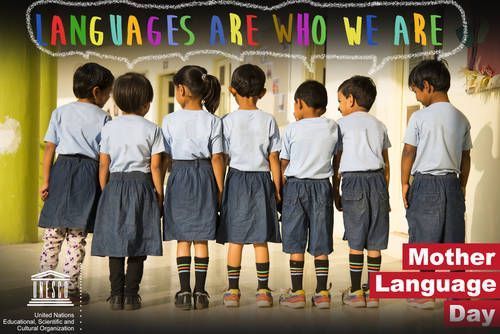 پیام اندره آزولای- دبیر کل یونسکو- به مناسبت روز جهانی زبان مادری ۲۱ فوریه ۲۰۱۸
پیام اندره آزولای- دبیر کل یونسکو- به مناسبت روز جهانی زبان مادری ۲۱ فوریه ۲۰۱۸
منبع متن اصلی: دفتر یونسکو در تهران به نقل از سایت زیر:
http://www.unesco.org/new/en/tehran/about-this-office/single-view/news/message_from_ms_audrey_azoulaydirector_general_of_unesco_o/
Message from Ms Audrey Azoulay,Director-General of UNESCO, on the occasion of International Mother Language Day, 21 February 2018
Today, UNESCO marks the nineteenth International Mother Language Day. This is an opportunity to recall our Organization’s commitment to defending and promoting languages.
A language is far more than a means of communication; it is the very condition of our humanity. Our values, our beliefs and our identity are embedded within it. It is through language that we transmit our experiences, our traditions and our knowledge. The diversity of languages reflects the incontestable wealth of our imaginations and ways of life.
In order to preserve and vitalize this essential component of the intangible heritage of humanity, UNESCO has been actively engaged for many years in the defence of linguistic diversity and the promotion of multilingual education.
This commitment concerns mother languages in particular, which shape millions of developing young minds, and are the indispensable vector for inclusion in the human community, first at the local level, then at the global level.
UNESCO thus supports language policies, particularly in multilingual countries, which promote mother languages and indigenous languages. It recommends the use of these languages from the first years of schooling, because children learn best in their mother language. It also encourages their use in public spaces and especially on the Internet, where multilingualism should become the rule. Everyone, regardless of their first language, should be able to access resources in cyberspace and build online communities of exchange and dialogue. Today, this is one of the major challenges of sustainable development, at the heart of the United Nations 2030 Agenda.
Every two weeks, one of the world’s languages disappears, and with it goes part of our human history and cultural heritage. Promoting multilingualism also helps to stop this programmed extinction.
In the wonderful words of Nelson Mandela, “If you talk to a man in a language he understands, that goes to his head. If you talk to him in his language, that goes to his heart”. On the occasion of this international day, UNESCO invites its Member States to celebrate, through a variety of educational and cultural initiatives, the linguistic diversity and multilingualism that make up the living wealth of our world.

